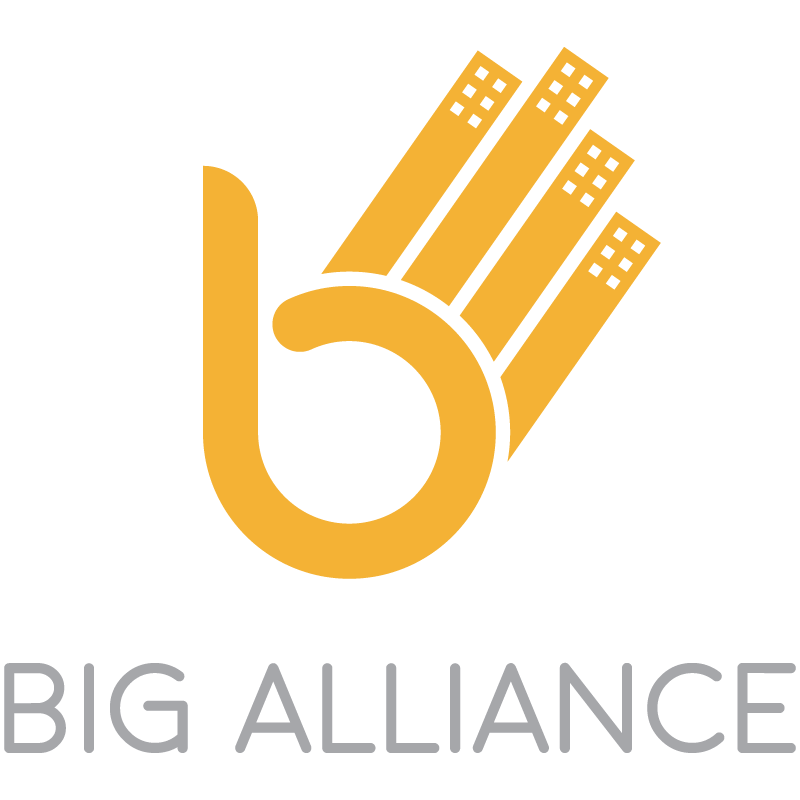How The Maya Centre is Tackling Digital Exclusion
In 2021, women’s mental health charity The Maya Centre took part in our capacity building programme CoRe. Amongst the project outputs that were achieved over the six months’ period, volunteers supported the development of a new website for the organisation which involved better profiling of the different services on offer and more accessible information for service-users about women’s mental health – including a translate button for women who speak other languages.
Struggling to access information online about the support available to them in their mother tongue, is just one of the ways in which charity beneficiaries and other vulnerable people can experience digital exclusion in today’s day and age. We reached out to Emma Brech, the CEO of The Maya Centre, to learn more about the digital challenges that the women they support experience.
What are some of the digital challenges that your service users face? Does this affect your ability to support the women you work with?
Women attending the Maya Centre experience multiple digital barriers. Some of them receive benefits, are on low-incomes or destitute, or seeking asylum. This means that they may not have a bank account or be able to set up a phone contract or internet at their home which includes sufficient data allowance to browse the internet or attend online counselling sessions.
For others, English as a second language can limit their access to the information available on the internet, including access to services/support available to them.
In addition to limited knowledge of English, some women we support are illiterate in their own language. This may result in them not having the education or confidence to acquire IT skills and navigate the internet easily.
Finally, we also work with women who’ve experienced a lot of trauma and abuse in their lives. This can sometimes result in women being very wary of the internet and unwilling to engage in online activity.
You received some free SIM cards from us for your service users. What difference will this make to their lives, and to accessing your services?
SIM cards will help the women in a number of ways.
First of all, the beneficiaries will now be able to have their counselling sessions on the phone, or via Internet, enabling them greater choice and flexibility of our service.
Secondly, having credit and minutes means the women can contact us if they are running late for a counselling session, or need to reschedule, which gives them greater control and reassurance.
Finally, being able to make calls means that our service users will now be better connected to other services and information that is out there to support their mental health.
Is there anything else that has recently been done, or could be done, to make sure your service users are better connected digitally?
In addition to the challenges around mobile phones, another major issue is a lack of computers or tablets. Providing women on low income with refurbished hardware would enable them to develop their IT skills as well as build confidence in using technology other than phones. By having more confidence and means to be better digitally connected, the women we support would therefore have more access to wider support and information available therefore expanding their confidential virtual ‘space’ and their support network. This could include not only service providers such as ourselves but also other women with similar experience to theirs that they could bond with.
We are working hard to help reduce the digital exclusion around Islington. If you are able to provide digital support to our community partners – whether it’s IT skills, SIM cards or digital devices, we would love to hear from you. Similarly, if you’re a community organisation that needs support around some of the challenges mentioned by Emma, please get in touch with us!

